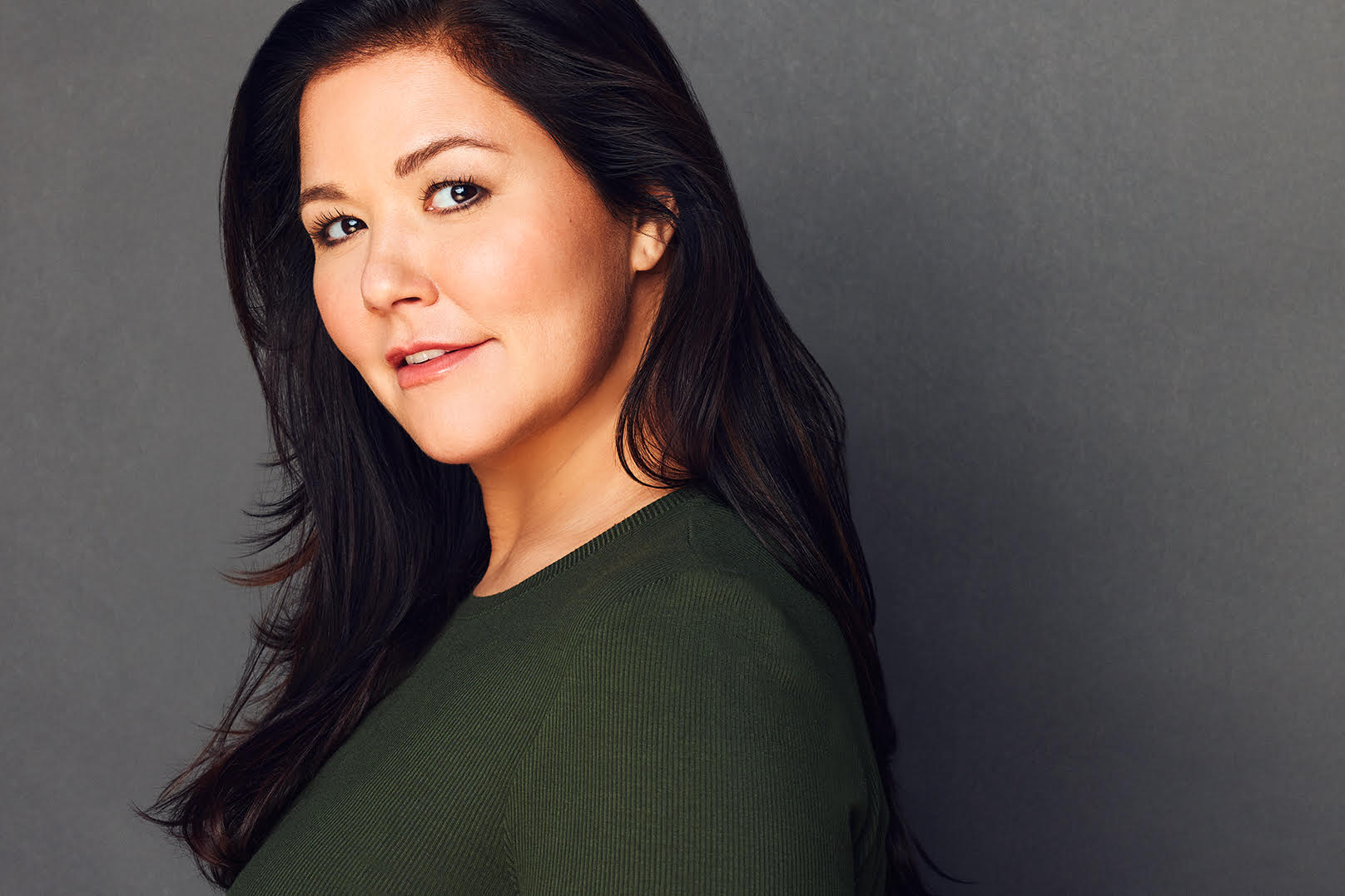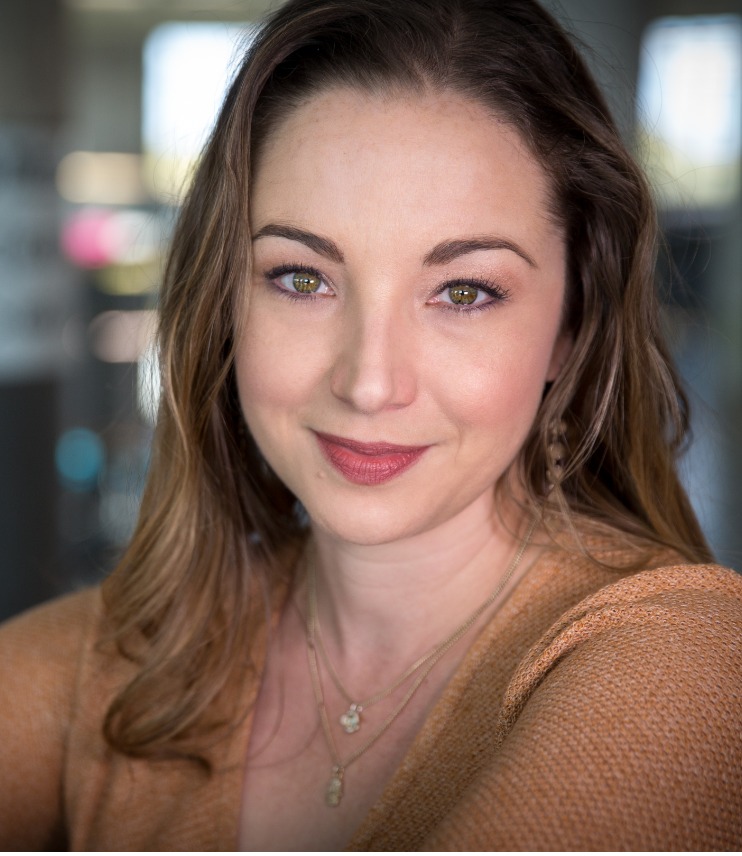Thanks to Quark Theatre, Memphis is about to be home to the American debut of The Wasp, the critically acclaimed play written by London native Morgan Lloyd Malcolm in 2015.
“As crazy as this sounds, we have been told that no other theater company in the United States has done this play,” says director Tony Isbell, who founded Quark Theatre with Louisa Koeppel and Adam Remsen in 2015. “I just sort of stumbled across it. When I read the script for the first time, I lost count of the number of times I was taken by surprise because there are so many twists and turns. Usually, especially if you do theater a lot, you can read a script and kind of get an idea of where it’s going. But I will admit I did not see where this one was going. Even up until the very last page, I did not see where it was going.”
A psychological thriller, The Wasp unravels the relationship between once-childhood friends Heather and Carla, who have lost touch since school where a bully incident tore the two apart. At the start of the play, the women reunite 20 years later over tea at a cafe, where one offers the other a significant amount of cash and an unexpected proposition. What ensues is a dark exploration of how trauma shapes us.
“I highly recommend you don’t do your research,” Isbell says. “Spoilers. Don’t watch the previews. Just let us take you on a ride.”
As with most Quark productions, the cast of the play is small — just two women: Meghan Lisi Lewis, who was most recently in Theatre Memphis’ The Play That Goes Wrong, and Mary Hollis Inboden, a University of Memphis alum, whom you might you might remember from a number of Memphis productions before she moved to work in television, most recently on shows like Kevin Can F**ck Himself and The Righteous Gemstones.
So far, more than 50 percent of tickets to The Wasp performances have been sold, and Isbell predicts the show will sell out. Tickets are $20 and can be purchased at quarktheatre.com. Performances will run September 22nd through October 8th, Fridays and Saturdays at 8 p.m. with Sunday matinées at 2 p.m., at First Congo Theater in Cooper-Young.
In anticipation of Lewis and Inboden’s performance, the Flyer spoke with the two actors to learn more.


Memphis Flyer: What interested you in this play?
Meghan Lisi Lewis: You just don’t often get the opportunity to do a two-woman show. So for me, that is a gift. I was hooked by this script from jump. It’s a smart, smart script. And it really takes the audience on a ride, and I was really excited to go on that ride myself as a reader and audience member. It’s also a really big stretch for me. I’ve been in the Memphis theater scene for a long time, but I rarely get to dive into roles that are this far outside of who I really am.
Mary Hollis Inboden: I’ve spent the last 10 years doing exclusively television, and this is a great opportunity for me to make sure that I’ve still got it while we [the Screen Actors Guild] strike. It’s been 17 years since I’ve been on stage in Memphis, and a chance encounter brought me into the space of Meghan, who was talking about having just auditioned for this play. She actually asked if I’d be interested in coming and doing this two-hander play. And of course, I was terrified. It is a challenging piece, and it’s also a show that features two women, and only two women. And, in a way I feel like only women can, the show touches on empathy, and love and support and understanding and also cruelty and violence and how we hold resentment. And it’s so completely well-rounded the way they kind of get at these really hard topics. Of course, I’m always drawn to women, female characters, especially who can behave badly, but also have a full scope of their existence and world. So that was exciting for me, and quite frankly, the reason why I took it on.
Meghan, you mentioned that part of the reason you took on this role is that you’re not like your character. As actors, how do you approach characters that are so outside of who you are?
MLL: The way that these women are written is so complex. So while the lived experience of my character Carla is nothing like my own lived experience, I think in ways universal experiences come through. We all either know these people [like our characters], interacted with these people, or have bits and pieces of them in ourselves. And so I think the challenge that’s been so interesting to me is to find where our humanity does align and how I can bring truth to her through my own lived experiences or the experiences of my friends and loved ones and also through the relationship that Mary Hollis and I have built, both as individuals and then through the relationships we’re building in the play. It’s like the characters are both far away from us and very close.
MHI: I would piggyback on that, fully agreeing that we’re always using our experience to bring these characters to life. And I do associate with my character. While I wasn’t a victim of bullying, I am a victim of a mass shooting [the 1998 Westside Middle School shooting in Jonesboro, Arkansas] and have grown up with that sort of trauma in my past. The shooting, while it was so very tragic, and I really wish that it hadn’t happened to me or my classmates, in some ways, it propelled me forward. I understood immediately how precious life is and wanted to get at that. And so I would be wrong if I said that there wasn’t a little part of what I feel like is my success that is kind of overcoming that tragedy every day.
Mary Hollis, what’s it been like being back on stage in Memphis?
MHI: Being back on stage in Memphis, it has turned out to be the very, very right choice for me because I get to be in the room with Tony and Meghan. I mean, they’re just so fantastic and so talented, and they are a great representation of Memphis theater as I remember it. We’ve all grown up a little bit, but coming back, I am taking it back to brass tacks and learning so much again. So, as a working actor, it’s been a really, really great exercise, performing alongside and with Meghan and under Tony who has like the lightest touch. It feels very free in the rehearsal space to kind of make big decisions. While I’m so grateful for my jobs in TV, you can sort of feel, especially in some of those smaller roles on TV, that it’s not super creative all the time. [Theater] really forces you to have imagination and really express yourself and give everything that you have so that the live beating heartbeat of the theater is felt, and especially in a company like Quark that’s so small, and just about two chairs and two actors, it’s a real turn on. So I hope that once out of the strike, which will be resolved and hopefully in the favor of labor and actors, I can make some time and remember how productive it feels to do a live show, especially with creatives like Tony and Meghan who are just really filling my cup.
Meghan, though this is your first Quark production, you’ve been involved in the Memphis theater scene for a while now, right?
MLL: I’ve spent most of my decade or more on Memphis stages, mostly at Theatre Memphis. I most recently just did The Play That Goes Wrong there. So that’s sort of my home base. One of the things that is the most special about the Memphis theater scene is that 90-plus percent of the shows that you see in Memphis, outside of the Orpheum Theatre, are all done by volunteers. They’re volunteer actors, volunteer directors, and volunteer stagehands. And there is something truly magical about people who follow their passions and give up their time. And the Memphis theater community specifically has the most deep and generous pool of über-talented people that I have ever run into in all of my days. I’ve lived in L.A., I’ve lived in New York, I’ve been all over the world, and this theater scene is one to pay attention to. It’s important for audiences to come out and pay attention to all the theaters here because they’re getting things that you don’t get everywhere. And I think sometimes we’re spoiled for that.
